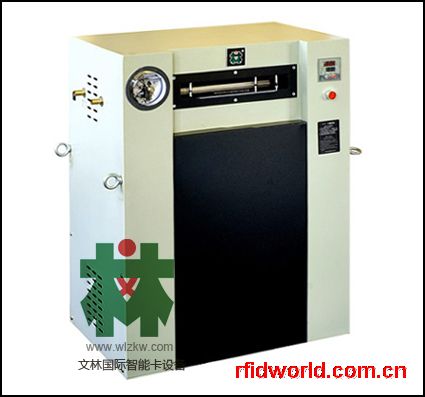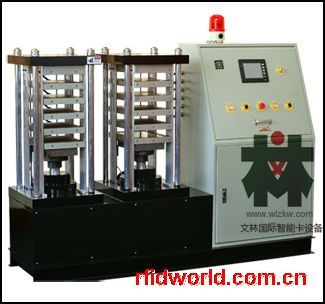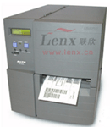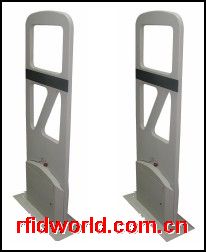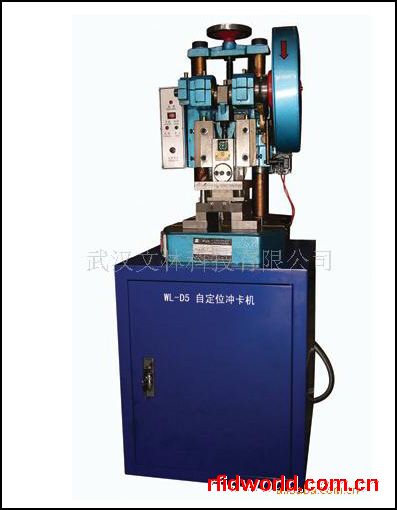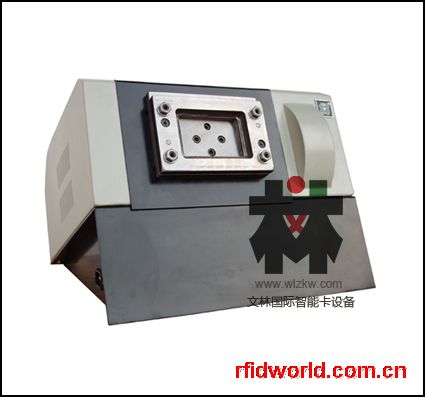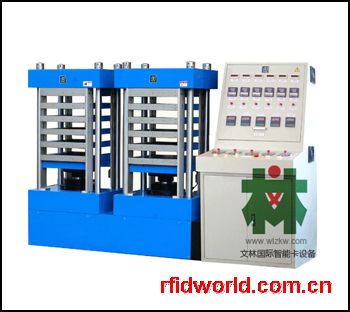RFID电子标签应用在电话机上
作者:Jonathan Collins
来源:rfidjournal
日期:2007-03-04 11:42:53
摘要:电讯设备生产商Funktel测试着将小的,圆柱型RFID电子标签嵌入到电话中印刷电路板(PCB)上。这种嵌入式生产方式是由德国自动化公司CompControl开发的,使用瑞土RFID标签生产商Sokymat 125Mhz RFID玻璃装电子标签和CompControl的读写器及软件,可以读取到嵌入的标签,并将读到唯一的序列号与其他焊在PCB上组件联系起来。通过RFID标签,Funktel可以追踪到电话的生产过程和成品库存管理,同时也可提高产品质量控制和售后服务。Sokymat标签是真密封在玻璃中,可防震荡。这种只读标签可储存40个字节全球唯一序列号,据Sokymat称在125Mhz频段下的RF信号对PCB其他组件的运行及电话运行不会有影响。
Dec 7, 2005—Funktel, a manufacturer of telecommunications equipment for internal corporate communications, has been testing a manufacturing process that embeds a small cylindrical RFID tag in each of the printed circuit boards (PCBs) it uses to make its handsets.
The new manufacturing process was developed by German process-automation company CompControl. Using 125 kHz RFID glass-encased tags from Swiss RFID manufacturer Sokymat, as well as and a reader and software developed by CompControl, the system can read the PCB's embedded tag and associate its unique serial number with the other components mounted on that board.
"FunkTel has already manufactured 10,000 RFID-enabled boards, and next year plans for 100,000 more," says Christoph Limpert, a spokesman for CompControl, based in Gersfeld Rhön, Germany.
For each PCB equipped with an RFID tag, Funktel can use RFID to track its manufacturing processes and take inventory of its finished products. Funktel will use the tags as a way to improve product quality control and to enhance customer support. Malfunctioning phones returned by customers can have their RFID tag scanned, and the company will be able to know the components and other details of its production. "This way, if there is a problem with a phone, they can recall any other phones likely to have similar issues," says Limpert. There are also plans for customers to use the phones for applications such as access control, he adds.
The Sokymat tags are encased in glass to provide a hermetic seal, which makes the tags more resistant to damage caused by vibration. The read-only tags carry a 40-bit unique serial number.
According to Sokymat, the RF signals of a tag transmitting at 125 kHz will not interfere with the operation of other components on the board or the functioning of the phone the PCB is in. "Metal environments have almost no influence on the tag reading distance, and no interference with electronic parts on the PCBs," says Egon Konopitzky, vice president of Sokymat.
Putting RFID tags onto printed circuit boards, which are also used in computers and a host of other electrical items, may have enormous potential as a way to provide full product traceability. That lifecycle traceability, says Sokymat, would help manufacturers in the €30 billion worldwide PCB industry meet tougher international regulations regarding traceability, recycling and maintenance of high-value electronic units.
The new manufacturing process was developed by German process-automation company CompControl. Using 125 kHz RFID glass-encased tags from Swiss RFID manufacturer Sokymat, as well as and a reader and software developed by CompControl, the system can read the PCB's embedded tag and associate its unique serial number with the other components mounted on that board.
| An RFID tag is embedded in each printed circuit board used in Funktel's headsets. |
For each PCB equipped with an RFID tag, Funktel can use RFID to track its manufacturing processes and take inventory of its finished products. Funktel will use the tags as a way to improve product quality control and to enhance customer support. Malfunctioning phones returned by customers can have their RFID tag scanned, and the company will be able to know the components and other details of its production. "This way, if there is a problem with a phone, they can recall any other phones likely to have similar issues," says Limpert. There are also plans for customers to use the phones for applications such as access control, he adds.
The Sokymat tags are encased in glass to provide a hermetic seal, which makes the tags more resistant to damage caused by vibration. The read-only tags carry a 40-bit unique serial number.
According to Sokymat, the RF signals of a tag transmitting at 125 kHz will not interfere with the operation of other components on the board or the functioning of the phone the PCB is in. "Metal environments have almost no influence on the tag reading distance, and no interference with electronic parts on the PCBs," says Egon Konopitzky, vice president of Sokymat.
Putting RFID tags onto printed circuit boards, which are also used in computers and a host of other electrical items, may have enormous potential as a way to provide full product traceability. That lifecycle traceability, says Sokymat, would help manufacturers in the €30 billion worldwide PCB industry meet tougher international regulations regarding traceability, recycling and maintenance of high-value electronic units.

 登录
登录
 注册
注册







